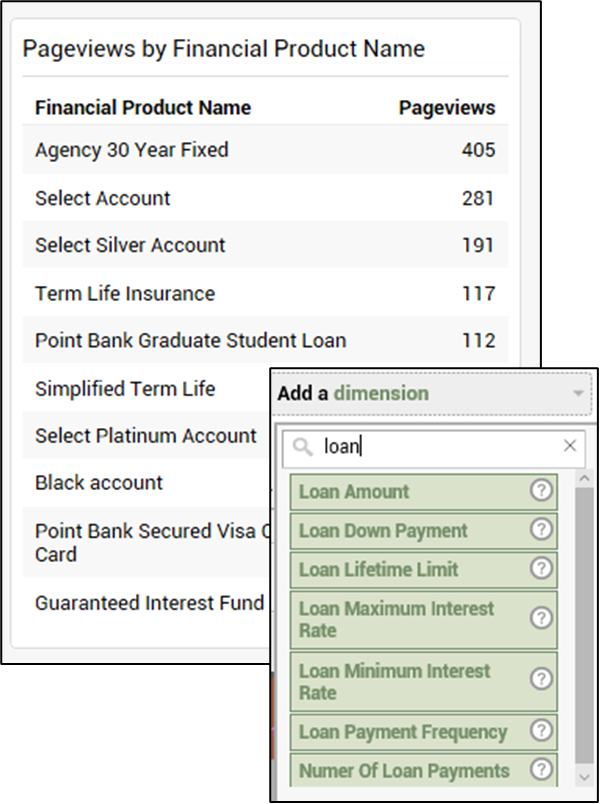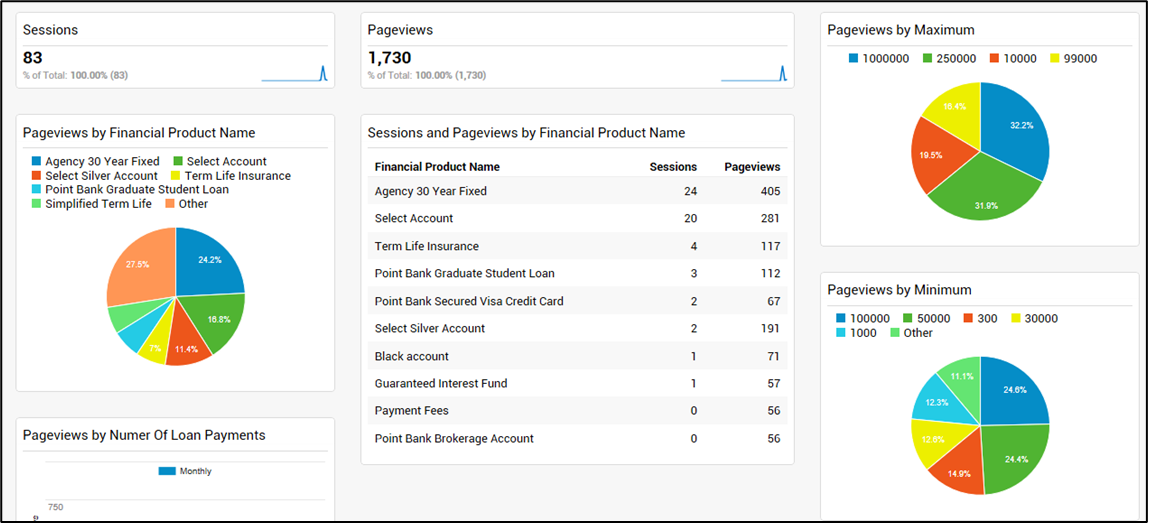(author: Dominik Kuziński, MakoLab SA)
What is schema.org
Schema.org is a collaborative, community activity with a mission to create, maintain, and promote schemas for structured data on the Internet, web pages, email messages, and beyond.
Schema.org vocabulary can be used with many different encodings, including RDFa, Microdata, and JSON-LD. These vocabularies cover entities, relationships between entities and actions, and can easily be extended through a well-documented extension model. Over 10 million sites use Schema.org to markup their web pages and email messages. Many applications from Google, Microsoft, Pinterest, Yandex, and others already use these vocabularies to power rich, extensible experiences.
Founded by Google, Microsoft, Yahoo, and Yandex, Schema.org vocabularies are developed by an open community process, using the public-schemaorg@w3.org mailing list and through GitHub.
A shared vocabulary makes it easier for webmasters and developers to decide on a schema and get the maximum benefit for their efforts. In this spirit, the founders, together with the larger community, have come together - to provide a shared collection of schemas.
FIBO schema.org financial extension
In May 2016, a group of individuals from MakoLab SA, together with the EDM Council FIBO team, created a financial extension to the schema.org (https://schema.org/docs/financial.html)
The financial extension of schema.org refers to the most important real-world objects related to banks and financial institutions. There are three major classes of the entities reflected in the extension:
- A bank and its identification mechanism
- A financial product
- An offer to the client
In selecting types and properties for each of the objects' class, the extension authors were motivated by the principles of simplicity and practicality. 'Simplicity' led to a minimal set of terms, resulting in a lean extension. Simultaneously, 'practicality' limited the scope of terms to reflect the most important objects, as seen from the retail banking perspective.
The following diagrams present the conceptual map of the extension. The map contains elements from both the schema.org "core" and the actual financial extension:
Benefits of schema.org
When you add schema.org markup to your website, you help the search engines understand it content. There are multiple benefits of adding structured data to a site:
- Schema Markup drives business results
- Improved “findability” online
- Rich results help to stand out in organic search
- Greater brand control
- Influence on the content in Google Knowledge Panel
- Voice search optimization
- Discovery on all surfaces (wristwatches, billboards, cars…)
- Videos can be played right from “search”
- Match events and courses with their target audience
- Attract readers to articles or blogs
- Attract Job Applicants
- Build a Knowledge Graph
- Re-Use Knowledge Graph for Chatbots
- May reduce Google Ad spend and positively influence rank
- Improve Content Strategy
- Derive more significant insights from analytics
To elaborate on the last point, Makolab created a fake bank website (http://finances.makolab.com/). All financial products were described using schema.org snippets.
Example
For example the page http://finances.makolab.com/HTML/BankAccount/BankAccount.html has the following JSON-LD description:
<script id="schema2" type="application/ld+json">
{
"@type": "BankAccount",
"name": "Select Platinum Account",
"offers": {
"@type": "Offer",
"eligibleCustomerType": "http://purl.org/goodrelations/v1#Enduser",
"priceSpecification": {
"@type": "PriceSpecification",
"priceCurrency": "GBP",
"price": "16",
"eligibleQuantity": {
"@type": "QuantitativeValue",
"value":"1",
"unitCode": "ANN"
}
},
"description": "You need to be aged 18 or over, and UK resident to apply.",
"offeredBy": {
"@type": "BankOrCreditUnion",
"@id": "https://finances.makolab.com",
"name": "Point Bank"
}
},
"feesAndCommissionsSpecification": "https://finances.makolab.com/FeesAndCommissions.pdf"
}
</script>
The next step was to configure Google Analytics Tags through Google Tag Manager:

Thanks to schema.org snippets you can increase the amount of insight you get from Google Analytics to another level.

Schema.org vs FIBO
As was mentioned in the beginning, schema.org financial extension was based on the EDMC FIBO team's early works and shared many classes and properties with FIBO ontology. However, because schema.org vocabulary is not OWL ontology, there were many syntactic differences between the two taxonomies. Fortunately, after the successful merger of financial extension with schema.org, the FIBO team further work on the ontology succeeded in almost full alignment between financial extension and FIBO ontology.
Types:
#schema.org#FIBO